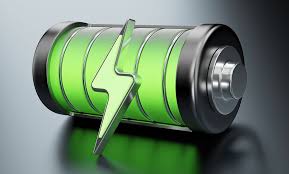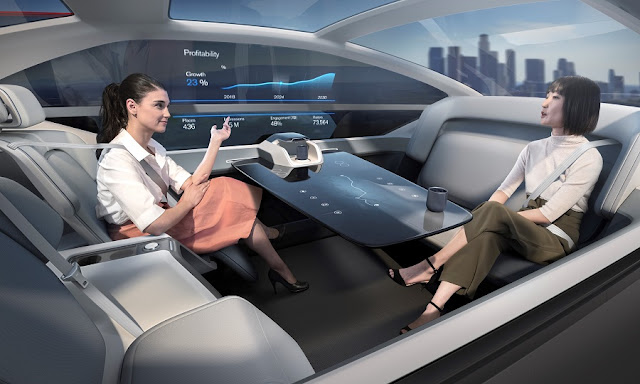Powering The Future: Advances In Battery Technology
 |
Battery |
As we strive for a greener and more sustainable future, one of the key areas of focus is the advancement of Battery technology. Batteries play a crucial role in powering a wide range of devices, from portable electronics to electric vehicles and even renewable energy systems. In recent years, significant progress has been made in developing batteries that are more efficient, longer-lasting, and environmentally friendly.
One of the most notable advancements in battery technology is the development of lithium-ion batteries. These rechargeable batteries have revolutionized the consumer electronics industry, providing high energy density and longer runtimes for devices such as smartphones, laptops, and tablets. The continuous improvement in lithium-ion Battery technology has resulted in increased energy storage capacity, faster charging times, and enhanced safety features.
However, the quest for even better
batteries has not stopped at lithium-ion. Researchers and engineers are
exploring alternative materials and designs to overcome the limitations of
current battery technology. One promising area of research is the development
of solid-state Battery.
Unlike traditional liquid electrolytes used in lithium-ion batteries,
solid-state batteries use solid electrolytes, which offer higher energy
density, improved safety, and potentially longer lifetimes. These advancements
could lead to electric vehicles with longer ranges and faster-charging
capabilities.
Moreover, the focus on sustainability has driven the development of more environmentally friendly batteries. Traditional batteries, especially those containing heavy metals such as lead and cadmium, pose significant environmental risks. However, the emergence of green Battery technologies, such as lithium iron phosphate (LiFePO4) batteries, offers a safer and more sustainable alternative. These batteries have a longer lifespan, higher thermal stability, and do not contain toxic metals, making them more environmentally friendly and suitable for a range of applications, including renewable energy storage.
Additionally, the integration of batteries with renewable energy systems is a crucial aspect of powering the future. Renewable energy sources like solar and wind are intermittent, generating electricity only when the sun is shining or the wind is blowing. To overcome this challenge, advanced Battery systems are being developed to store excess energy during periods of low demand and supply it when needed. This combination of renewable energy and efficient battery storage has the potential to revolutionize the power grid and accelerate the transition to a cleaner and more sustainable energy future.
The increase in EV manufacturing spending pushed the Consumer Electronics sector to compete with the EV industry for lithium ion batteries. The advancements in battery technology are paving the way for a brighter and greener future. From lithium-ion to solid-state batteries and environmentally friendly alternatives, researchers and engineers are continuously pushing the boundaries of what is possible. The development of more efficient, longer-lasting, and sustainable batteries will not only improve our portable devices' performance but also facilitate the widespread adoption of electric vehicles and the integration of renewable energy sources.



Comments
Post a Comment